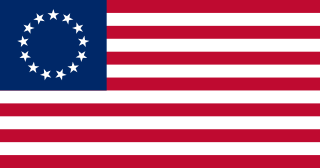News / Politics
We Shall Dream Again: Women’s Day 2014 and Constitutional Representation ~ New on the Bryan William Brickner Blog
Women in the House

In
honoring International Women’s Day 2014, Bryan W. Brickner notes a course to
constitutional representation for America’s most under-represented faction ~
women. Brickner has a 1997
political science doctorate from Purdue University and is the author of The
Promise Keepers (1999), Article the first of the Bill of Rights (2006), and The
Book of the Is (2013).
International Women’s Day has
been observed for more than a century; the website notes it began in the early
1900s: “a time of expansion and turbulence in the industrialized world that saw
booming population growth and the rise of radical ideologies.”
In We Shall Dream Again: Women’s Day 2014 and Constitutional Representation, new on
the Bryan William Brickner Blog, women’s suffrage and subsequent lack of US House
representation are discussed; Brickner honors America’s founding by noting the
representation ratio in Article I and its importance for We the People in 2016.
“Women
won suffrage nearly a hundred years ago,” Brickner offered, “though not
representation. Congress stopped adding seats after the census in 1920,
something they’d always done before.”
“Coincidental
or not,” Brickner continued, “by not adding seats in 1920 (or any decade since),
the gains of suffrage have been limited by the lack of constitutional
representation: the fact is, we never added new seats in the US House to
represent women.”
The
US Constitution mandates one Representative for every “thirty Thousand”
citizens (Article I, Section 2, Clause 3). Congress first changed the ratio,
without amending the Constitution, on 9 April 1792, to 33,000. Today the usurped
representation ratio is one Representative for every 720,000 citizens.
“The
representation of women in the US House is an issue of justice,” closed
Brickner, “it’s the echo energy of a century ago.”
The
Bryan William Brickner Blog is a collection of published works and press
coverage and an ongoing resource for the political science of constitutions and
the biological science of cannabinoids.
